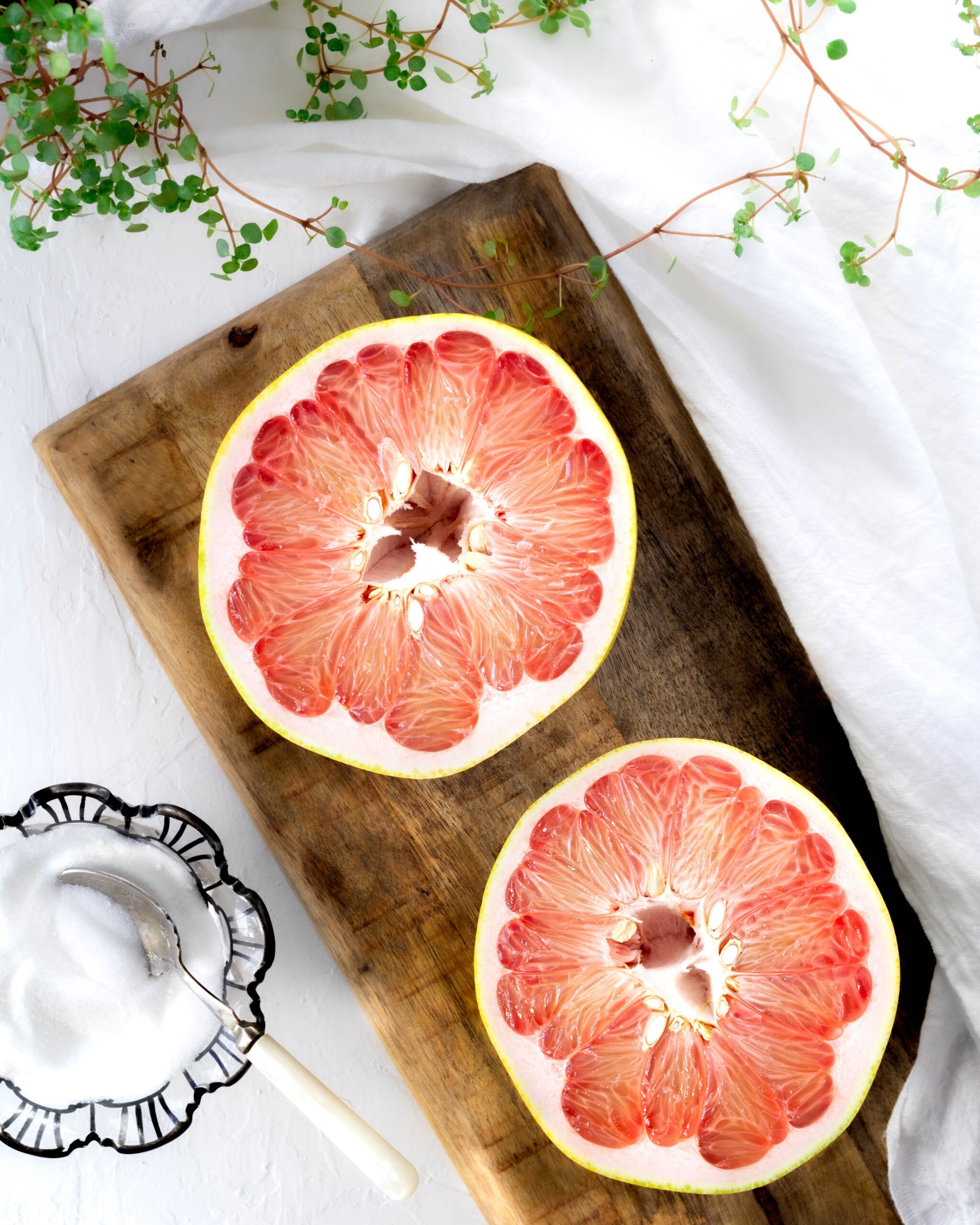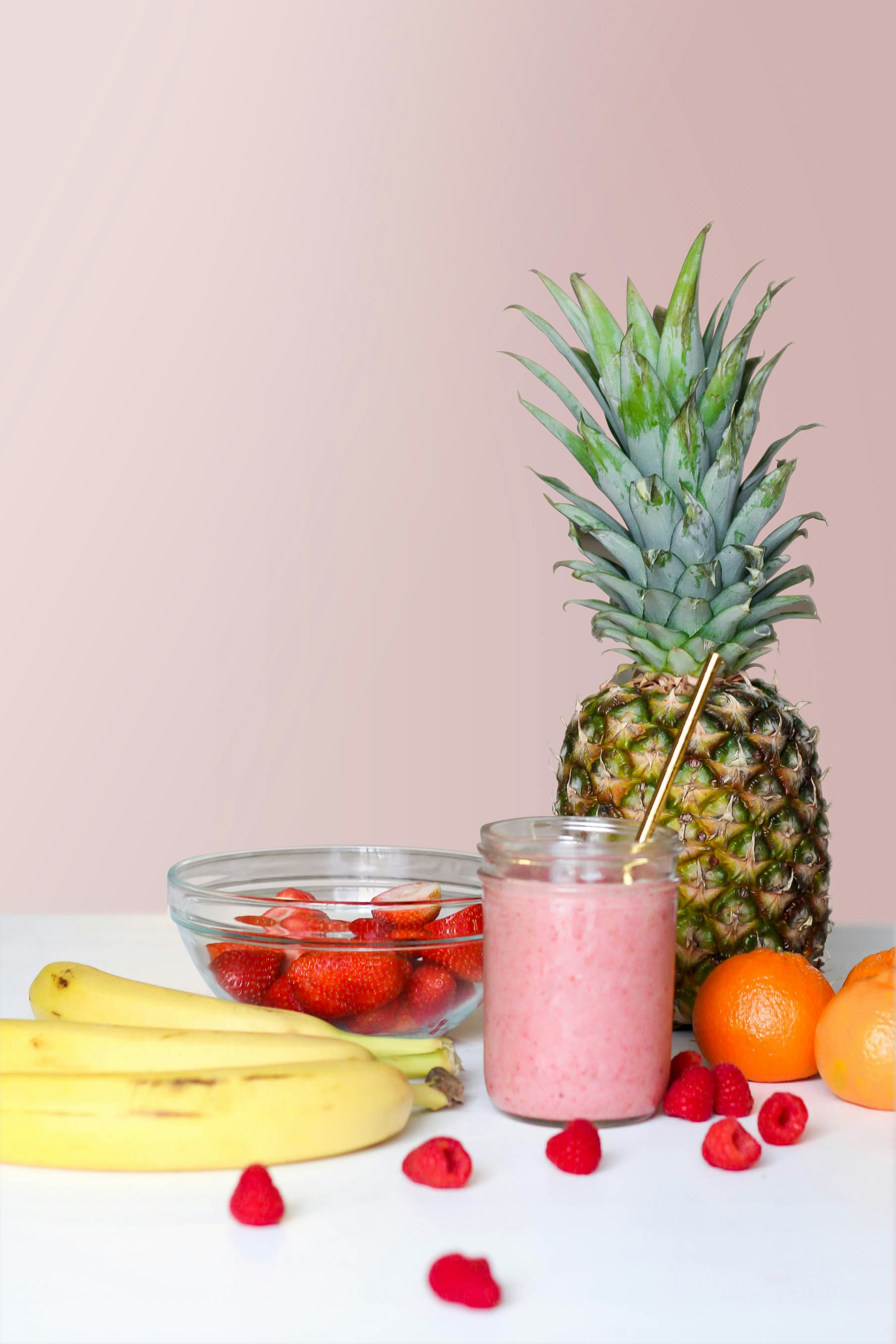If you’re looking to shed some pounds but still want to enjoy your favorite drinks, you might be wondering, “Can I drink alcohol, soda, sweet tea, or juice and still lose weight?” The good news is that you don’t have to completely give up these beverages to reach your weight loss goals. In this article, we’ll explore how you can incorporate these drinks into your diet in a mindful and balanced way to support your weight loss journey. So grab your drink of choice and let’s find out how to strike that perfect balance between weight loss and indulgence.
Understanding Calories and Weight Loss
When it comes to losing weight, understanding calories is crucial. Calories are a measure of the energy that food and beverages provide to our bodies. Consuming more calories than your body needs can lead to weight gain, while consuming fewer calories can result in weight loss. Therefore, it is essential to strike a balance between the calories you consume and the calories you burn through physical activity.
Calories and Weight Gain
Weight gain occurs when you consistently consume more calories than your body needs for daily activities and basic bodily functions. The excess calories are stored in the body as fat, leading to weight gain over time. It’s important to be mindful of your overall calorie intake, especially from beverages, as they can often contribute a significant amount of calories without providing substantial nutritional value.
How Many Calories to Lose Weight
To lose weight, you need to create a calorie deficit, which means consuming fewer calories than your body needs. It is generally recommended to aim for a calorie deficit of 500 to 1000 calories per day to achieve a gradual and sustainable weight loss of 1 to 2 pounds per week. However, it is crucial to strike a balance and not drastically reduce your calorie intake, as this can be unsustainable and may lead to nutrient deficiencies.
Impact of Alcohol on Weight Loss
Alcohol consumption can have both direct and indirect effects on weight loss efforts. It is important to be aware of the calorie content in alcoholic beverages, as well as the impact of alcohol on metabolism and appetite control.
Calorie Content in Alcoholic Beverages
Alcoholic beverages can vary significantly in their calorie content. It’s important to note that alcohol itself contains calories, and these calories can add up quickly. For example, a standard 5-ounce serving of wine can contain around 120 calories, a regular beer can range from 150 to 200 calories, and a cocktail can contain even more, depending on the ingredients and mixers used.
Effects of Alcohol on Metabolism
When you consume alcohol, your body processes it as a toxin and prioritizes metabolizing it over other nutrients. This means that the calories from alcohol are often burned and metabolized first, while other calorie sources, such as carbohydrates and fats, are stored as body fat. Additionally, alcohol can temporarily decrease the rate at which your body burns calories, further hindering weight loss efforts.
Alcohol and Appetite Control
Alcohol can also impact appetite control, leading to increased food intake. It can lower inhibitions and impair judgment, making it easier to overeat or make unhealthy food choices. Additionally, alcohol can increase cravings for high-calorie, unhealthy foods, which can sabotage your weight loss goals. Being mindful of your alcohol consumption and its potential impact on your eating habits can help you make better choices for weight loss.

Effects of Soda on Weight Loss
Soda, often high in sugar and calories, can also have a significant impact on weight loss efforts. Understanding the calorie content in soda, the effects of sugar, and the possible role of artificial sweeteners is essential in making informed choices for your weight loss journey.
Calorie Content in Soda
Soda is notorious for being high in empty calories. A typical 12-ounce can of regular soda can contain around 140 to 150 calories, with some larger-sized drinks containing even more. These calories come from added sugars, which provide no nutritional value but contribute to weight gain.
Sugar and Soda Consumption
The sugar content in soda can be a major culprit in weight gain. Consuming excessive amounts of sugar contributes to an energy imbalance and can lead to an increase in body fat. Additionally, sugary drinks like soda can lead to spikes in blood sugar levels, followed by crashes, which can negatively impact energy levels and overall well-being.
Artificial Sweeteners and Soda
Some diet sodas and zero-calorie beverages contain artificial sweeteners instead of sugar. While these options do not contribute additional calories to your diet, research is mixed regarding their impact on weight loss. Some studies suggest that artificial sweeteners may still stimulate hunger and cravings for sweet foods, potentially leading to overeating and weight gain. It is important to listen to your body and find the balance that works best for you.
Sweet Tea and Weight Loss
Sweet tea, a beloved beverage in some cultures, can also have an impact on weight loss. Understanding the calorie content, sugar content, and considering alternatives can help you make informed decisions for your weight loss journey.
Calorie Content in Sweet Tea
Sweet tea is typically made from black tea and sweetened with sugar or syrup. The calorie content can vary depending on the amount and type of sweetener used. A standard serving of sweet tea can contain around 100 to 150 calories, with the majority coming from added sugars.
Sugar and Sweet Tea Consumption
The high sugar content in sweet tea can contribute to weight gain and hinder weight loss efforts. Excessive sugar intake can lead to increased calorie consumption and an imbalance in energy intake and expenditure. It’s important to be mindful of your sweet tea consumption and consider alternatives that are lower in sugar or sugar-free.
Alternatives to Sweet Tea
If you’re looking to reduce your calorie and sugar intake while still enjoying a refreshing beverage, there are alternatives to sweet tea that can support your weight loss goals. Unsweetened iced tea, herbal tea, or infused water can provide hydration and flavor without the added sugars and calories. Experimenting with different flavors and combinations can help you find a satisfying alternative to sweet tea.

Juice and Weight Loss
Juice, often marketed as a healthy beverage, can also impact weight loss efforts. Understanding the calorie content, sugar content, and choosing healthier options can help you incorporate juice into your weight loss plan.
Calorie Content in Juice
Juice can vary significantly in its calorie content, depending on the fruit or vegetable it is made from and whether it is fresh or diluted with water. For example, a 12-ounce glass of orange juice can range from 150 to 200 calories, while a green juice made primarily from vegetables may contain fewer calories.
Sugar and Juice Consumption
While juice can be a good source of vitamins and minerals, it can also be high in sugar. The natural sugars found in fruit can add up quickly, contributing to excess calorie intake and potential weight gain. It’s important to be mindful of portion sizes and choose whole fruits over juice whenever possible, as whole fruits often provide more fiber and nutrients while being lower in calories.
Choosing Healthy Juice Options
If you enjoy drinking juice and want to incorporate it into your weight loss plan, there are healthier options to consider. Opt for freshly squeezed or cold-pressed juices that contain no added sugars or preservatives. Additionally, you can dilute your juice with water or sparkling water to reduce the overall calorie and sugar content. It’s important to prioritize whole fruits and vegetables in your diet and view juice as an occasional treat rather than a daily staple.
Strategies for Including these Beverages in a Weight Loss Plan
While it’s important to be mindful of the impact of alcohol, soda, sweet tea, and juice on weight loss, it is still possible to include them in your diet in moderation. Here are some strategies to help you incorporate these beverages into your weight loss plan:
Moderation and Portion Control
The key to including these beverages is moderation and portion control. Instead of completely cutting them out of your diet, enjoy them occasionally and in reasonable quantities. This can help satisfy cravings without derailing your weight loss progress.
Making Smart Choices
When choosing these beverages, opt for lighter options whenever possible. Choose low-calorie or zero-calorie alternatives, such as light beer, diet soda, unsweetened tea, or naturally flavored water. These choices can help minimize the impact on your overall calorie intake.
Balancing Caloric Intake with Exercise
If you do indulge in these beverages, consider balancing the extra calories with physical activity. Engaging in regular exercise can help offset the calorie intake and contribute to a calorie deficit, supporting your weight loss efforts.
The Importance of Overall Dietary Patterns
While the impact of individual beverages on weight loss is important to consider, it is crucial to recognize the significance of overall dietary patterns.
Balanced Eating Plan
A balanced eating plan that includes a variety of nutrient-dense foods is essential for weight loss and overall health. Focus on incorporating lean proteins, whole grains, fruits, vegetables, and healthy fats into your meals. This will provide your body with the necessary nutrients and promote satiety while keeping your calorie intake in check.
Nutrient Density
When considering the calorie content of beverages, it is essential to prioritize nutrient density. Nutrient-dense foods and beverages provide a wealth of vitamins, minerals, and other essential nutrients while being relatively low in calories. Choosing foods and drinks that are rich in nutrients can help support your weight loss goals.
Prioritizing Whole Foods
While beverages can be a part of your weight loss plan, it’s important not to rely on them as a significant source of calories or nutrition. Prioritizing whole foods, such as fruits, vegetables, lean proteins, and whole grains, ensures that you are nourishing your body with the nutrients it needs while keeping your overall calorie intake in control.
Tips for Successful Weight Loss
In addition to understanding the impact of different beverages on weight loss, incorporating these tips into your routine can help promote successful weight loss:
Tracking Caloric Intake
Keeping track of the calories you consume can help you stay aware of your overall energy balance. Many apps and websites offer calorie tracking tools that make it convenient to monitor your intake and make adjustments as needed.
Staying Hydrated
Drinking an adequate amount of water is essential for overall health and can support weight loss efforts. Water can help keep you feeling full, curb cravings, and prevent dehydration. Aim to stay hydrated throughout the day.
Seeking Professional Guidance
If you are struggling with weight loss or need guidance on creating a customized plan, consulting a healthcare professional or registered dietitian can provide valuable support. They can assess your individual needs, help you set realistic goals, and guide you toward sustainable long-term success.
Conclusion
In conclusion, you can still enjoy alcohol, soda, sweet tea, and juice while working towards your weight loss goals. However, it is crucial to be mindful of their impact on calorie intake, sugar content, and overall nutrition. By practicing moderation, making smart choices, and prioritizing whole foods, you can find a balance that allows you to include these beverages in your weight loss plan. Remember, successful weight loss is achieved through making sustainable lifestyle changes and prioritizing overall dietary patterns.
